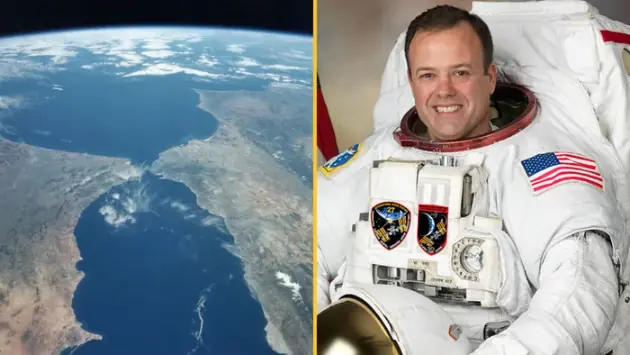
Inside Super-Kamiokande: The Japanese Neutrino Detector Unlocking the Secrets of the Universe
Inside Super-Kamiokande: The Japanese Neutrino Detector Unlocking the Secrets of the Universe

Hidden deep beneath the mountains of Japan lies one of the world’s most extraordinary scientific instruments—a vast underground chamber filled with 50,000 tons of ultra-pure water. This cutting-edge facility, known as Super-Kamiokande, is on a mission to detect one of the universe’s most elusive particles: the neutrino.
What Is Super-Kamiokande?
Super-Kamiokande, often abbreviated as Super-K, is a massive neutrino observatory located 1,000 meters underground in the Mozumi Mine in Japan. Designed to detect neutrinos, particles that rarely interact with matter, this state-of-the-art detector uses water and advanced sensors to capture their fleeting presence.
Neutrinos are extremely lightweight, nearly invisible particles that pass through ordinary matter almost undisturbed. Trillions of them travel through your body every second, completely unnoticed. Studying them could unlock fundamental insights into the origin of the universe, dark matter, and the laws of physics.
How Super-Kamiokande Detects Neutrinos
When a rare neutrino collides with a water molecule in Super-Kamiokande’s enormous tank, it produces a tiny burst of light known as Cherenkov radiation—a faint, blue glow.
Lining the walls of this underground chamber are thousands of sensitive light detectors that capture these subtle flashes. These measurements give scientists rare, real-time data about the behavior and properties of neutrinos.
Breakthrough Discoveries: Neutrinos Have Mass
Since its launch, Super-Kamiokande has helped revolutionize modern physics. In 1998, it delivered the first conclusive evidence that neutrinos have mass, overturning long-held assumptions in the Standard Model of particle physics.
This groundbreaking discovery earned Japanese physicist Takaaki Kajita a Nobel Prize in Physics in 2015, shared with Canadian scientist Arthur B. McDonald.
Watching the Universe in Real-Time
Beyond studying neutrinos from Earth-based sources, Super-Kamiokande also acts as a cosmic observatory. It monitors the skies for neutrinos from supernovae—the colossal explosions of dying stars that produce elements essential for life.
These high-energy events, located in distant galaxies, offer scientists clues about the birth of stars, the creation of elements, and the evolution of the cosmos.
Why Super-Kamiokande Matters
Super-Kamiokande is more than just a scientific experiment—it’s a window into the unseen universe. By tracking neutrinos, it helps answer some of the biggest questions in science:
-
Do neutrinos hold the key to dark matter?
-
Why do particles have mass?
-
What happened in the early moments after the Big Bang?
Conclusion: Unlocking the Universe, One Neutrino at a Time
As one of the most advanced neutrino detectors on the planet, Super-Kamiokande continues to push the boundaries of human knowledge. Its contributions to physics and cosmology are reshaping how we understand space, time, matter, and energy.
In the quiet darkness beneath Japan’s mountains, Super-K isn’t just watching particles—it’s rewriting the story of the universe.
News in the same category

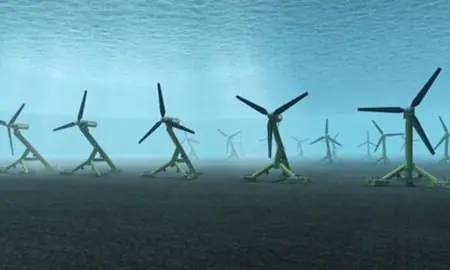
Ocean Currents Could Generate 2.5x More Power Than Wind Farms, Study Finds
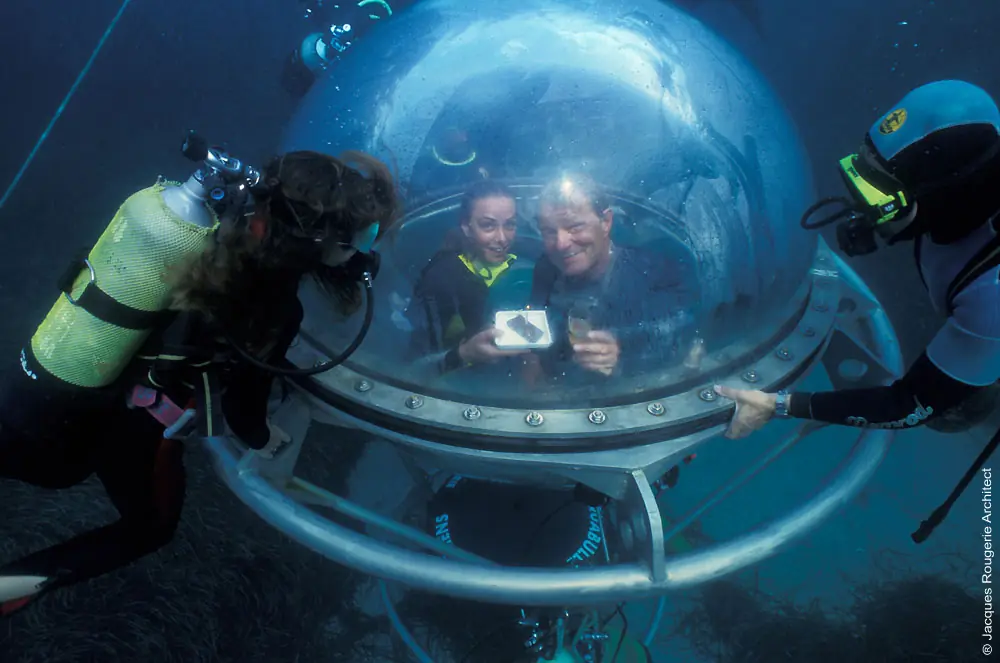
China’s Futuristic Ocean Lab Dubbed ‘Underwater Space Station’ Could Be Ready By 2030
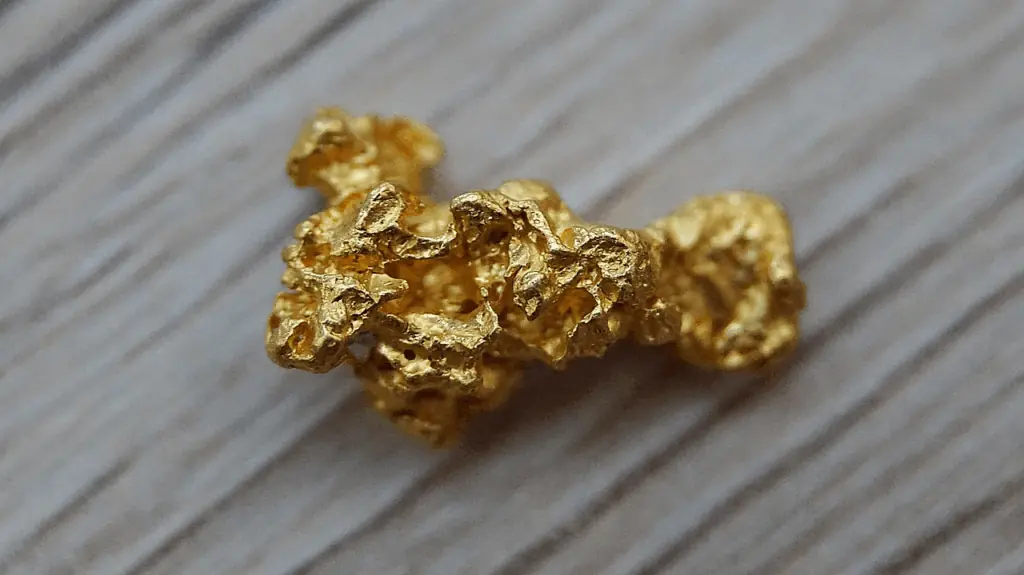
Scientists Shock World By Turning Lead Into Gold — But There’s A Catch

The Real Reason Empire State Building Was Built Using Bricks From A Tiny British Town
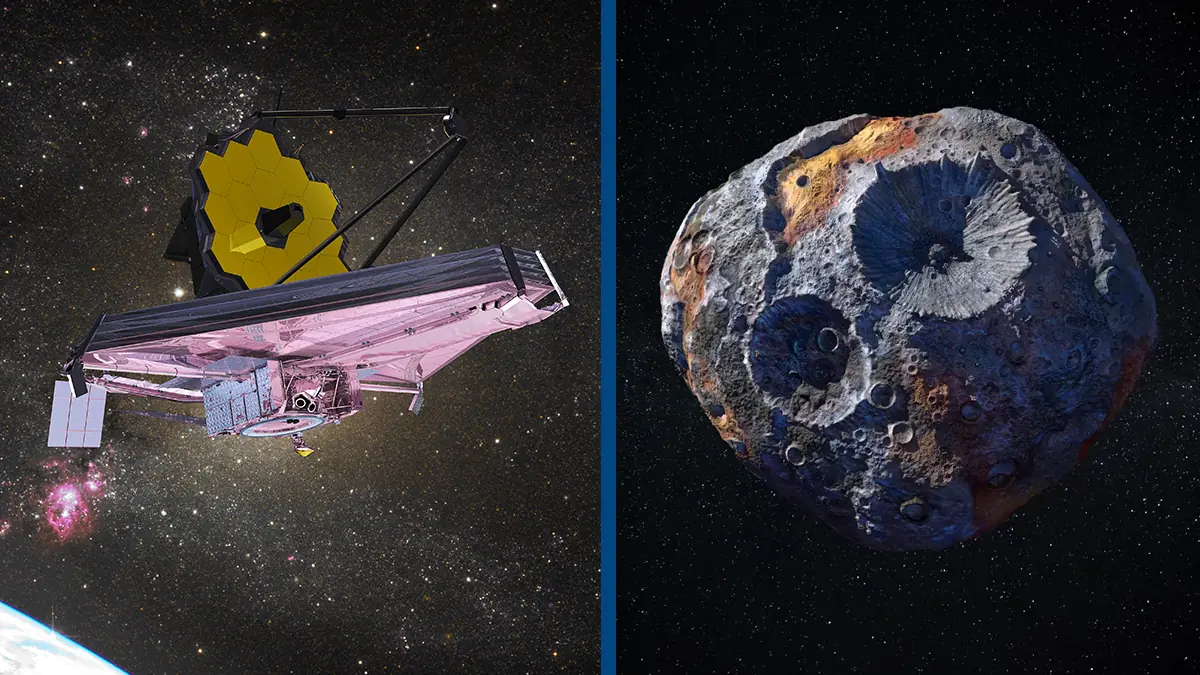
James Webb Telescope Uncovers Shocking Update on $10 Quintillion Asteroid Psyche
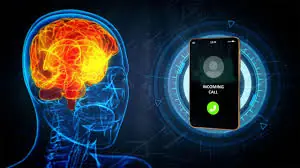
RFK Jr. Raises Concerns About 5G Health Risks: Brain Function, EMR, and Cancer Link

People Stunned After Learning The True Meaning Behind ‘SOS’ — It’s Not What You Think
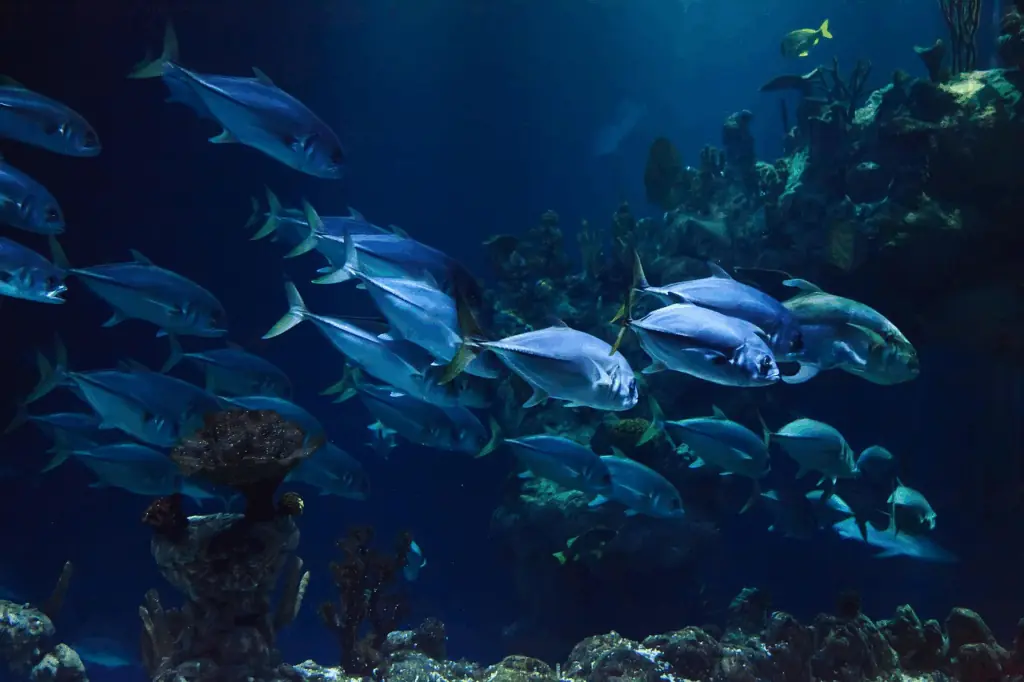
Scientists Reach Bottom Of The Red Sea — What They Found Left Them ‘Shaken’

Taste The Toxin? Shocking Lawsuit Targets Skittles Over Alleged Toxic Ingredient
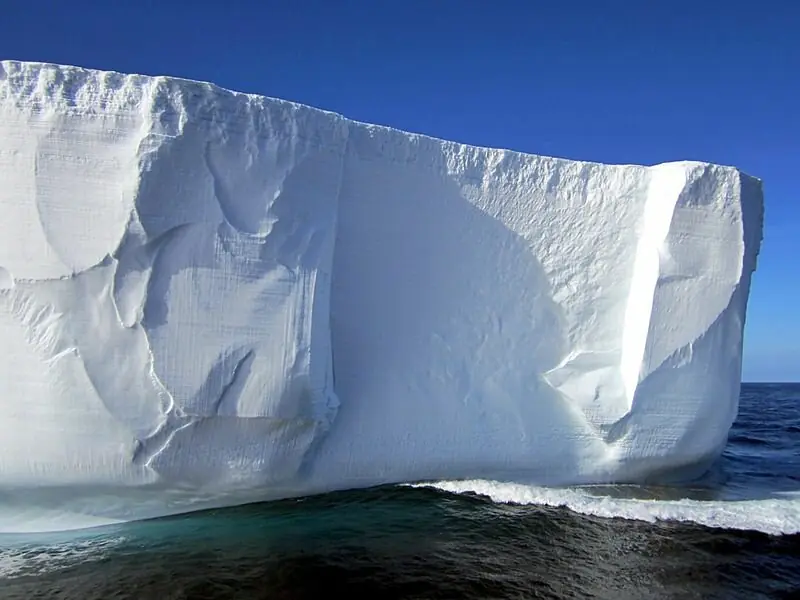
Antarctica Ice Sheet Grows for First Time in 30 Years, Surprising Scientists

‘Japanese Baba Vanga’ Predicts Mega-Tsunami in July 2025 — Warns of a ‘Boiling Sea’ South of Japan
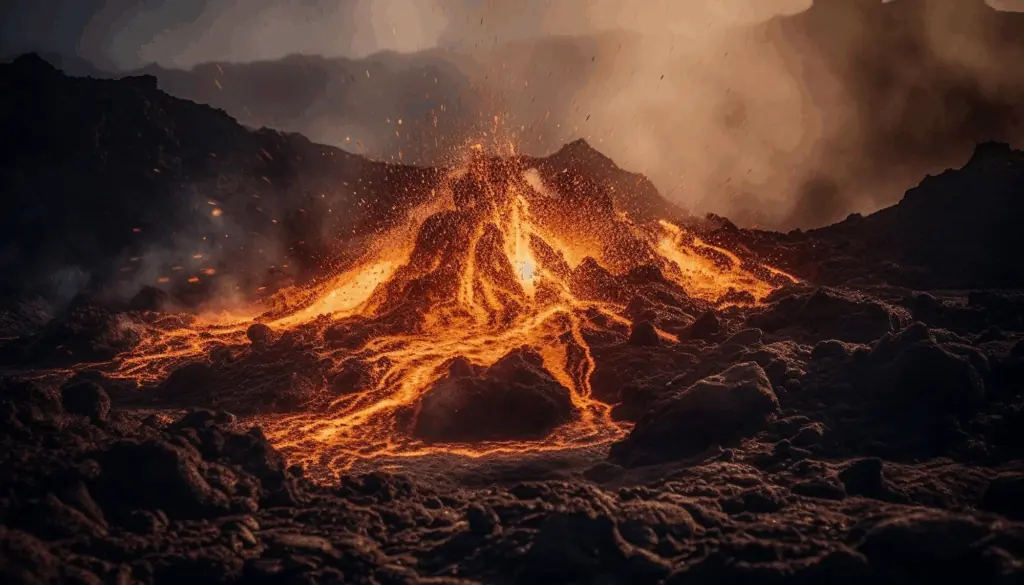
300,000 Americans On Edge As Massive 11,000ft Volcano Shows Signs Of Imminent Eruption
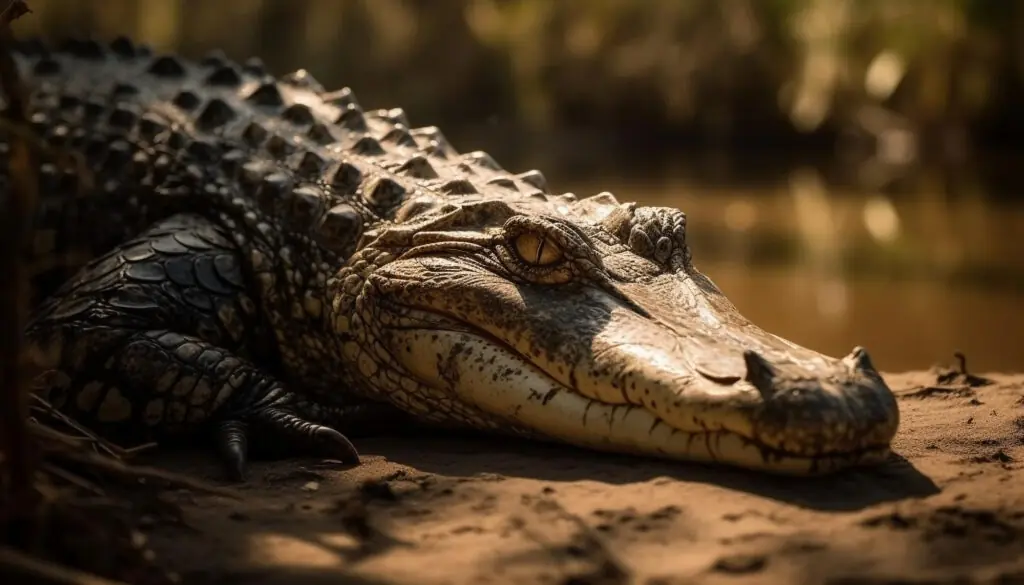
Wildlife Photographer Captures Alligator With No Bite – Internet Baffled How It’s Still Alive
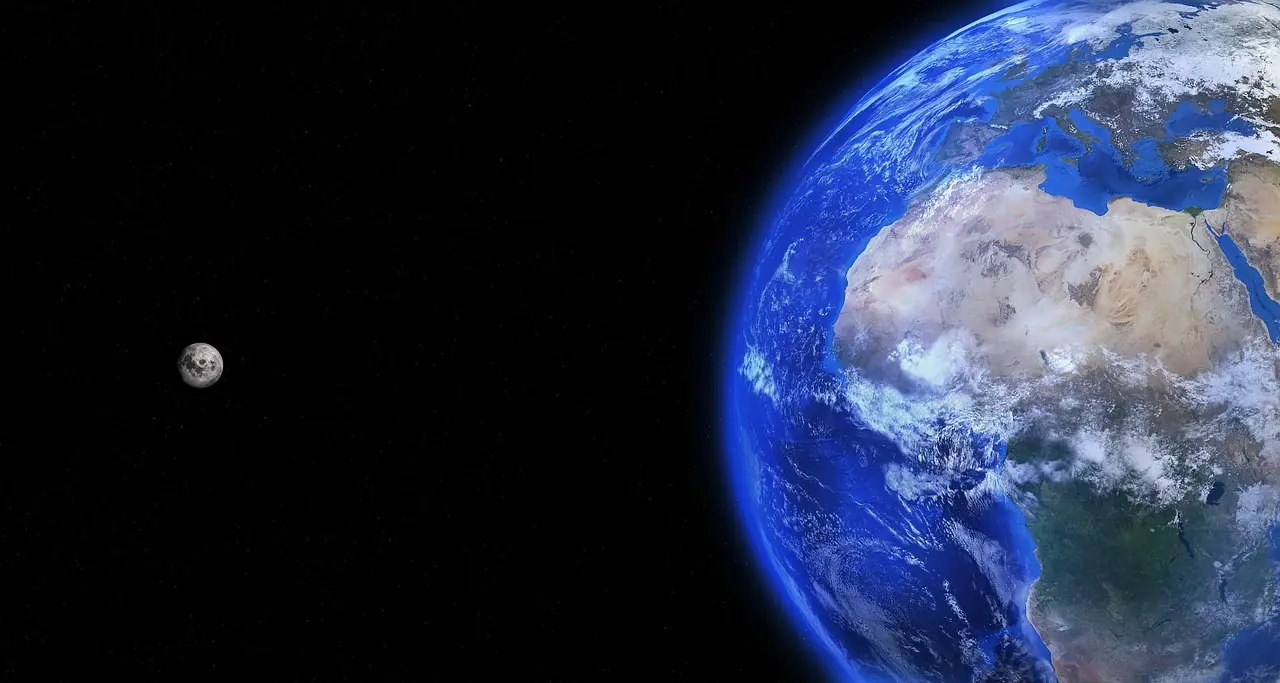
Scientists Stunned By 3.5 Billion-Year-Old Crater Holding Earth’s Earliest Secrets
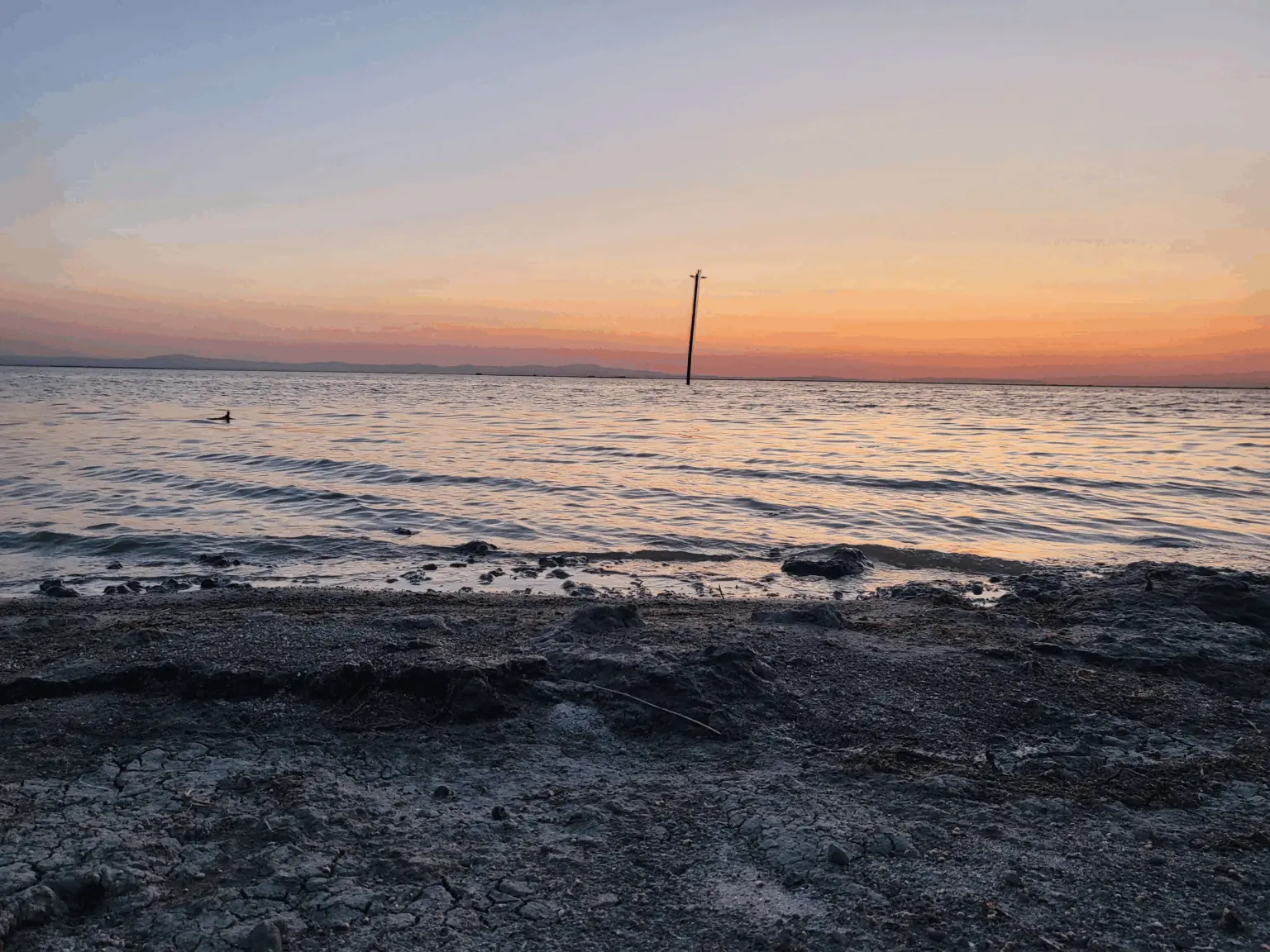
Massive 100-Mile-Long Lake Mysteriously Reappears 130 Years After Vanishing

Persistence Hunting: How the San People of the Kalahari Master the Art of Endurance
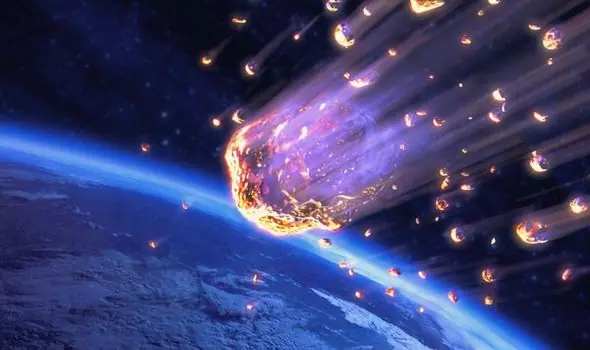
Halley’s Comet Is Back, But This Time, It’s Raining Fire

Greece Rocked By Massive Earthquake As Tsunami Warning Sparks Panic
News Post

The Overview Effect: What Astronauts Realize After Seeing Earth from Space

5 Fruits Listed in the ‘Black Book’ That May Promote Cancer Cell Growth: Avoid Them No Matter How Cheap They Are

25-year-old woman explains condition that makes her ‘look like an 8-year-old’
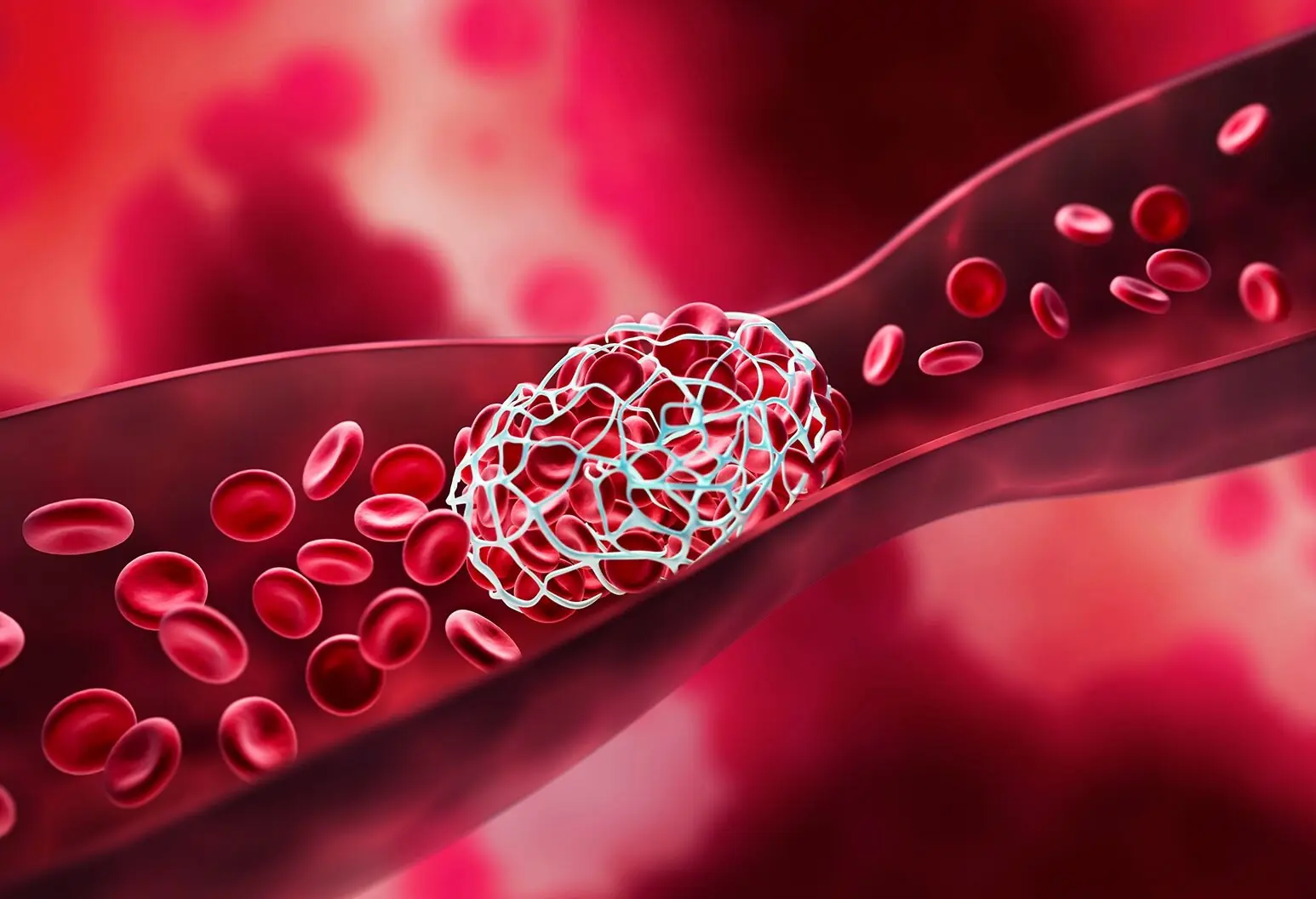
When There's a Blood Clot in the Body, It May Send You 4 Warning Signals You Shouldn't Ignore

Ocean Currents Could Generate 2.5x More Power Than Wind Farms, Study Finds

Inside The 36-hour Fast: How Your Body Transforms Hour By Hour In Viral New Simulation

9 Natural Ways to Remove Plaque & Tartar Buildup
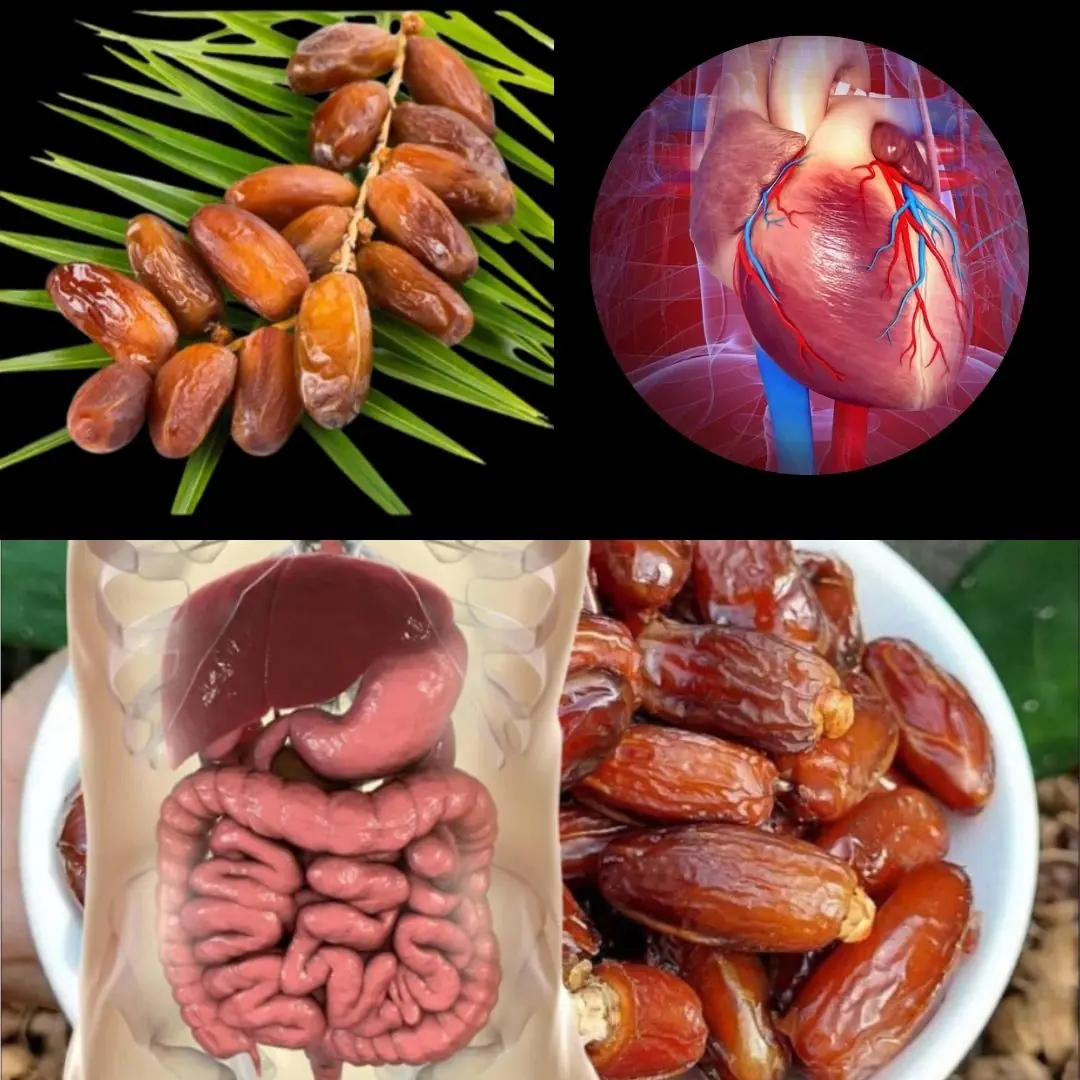
The Incredible Benefits of Dates: A Nutrient-Packed Superfood

Rude Parents Demanded I Not Eat on the Plane Because Their Spoiled Kid 'Might Throw a Tantrum' – I Taught Them a Lesson Instead

Woman Sees Her Husband Enter Motel with Girl and Come Out an Hour Later Shabby

My MIL Sabotaged My Daughter's Dress Before a School Pageant because She Wasn't Her Bio Grandkid

My FIL Insisted I Go On a Spa Weekend He Paid For – Halfway There, My Neighbor Called Screaming, 'It Was All Their Plan! Go Back Now!'

My Stepmother Kicked Me Out Two Days After My Father Died – The Next Morning, a Bunch of SUVs Showed up in Front of Her House

China’s Futuristic Ocean Lab Dubbed ‘Underwater Space Station’ Could Be Ready By 2030

Eating Too Fast? Here’s Why Slowing Down Can Improve Digestion and Reduce Bloating

Scientists Shock World By Turning Lead Into Gold — But There’s A Catch

Why Letting a Baby “Cry It Out” May Be Harmful: What Science Says

Rh-Null Blood: The World’s Rarest Blood Type, Also Known as "Golden Blood"
